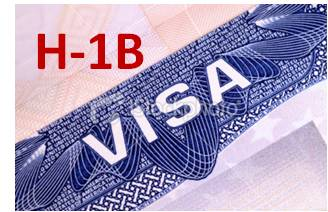Immigration attorney Karen-Lee Pollak explains how to legally bring an employee to the United States.
 EB-2 is an immigrant visa preference category for United States employment-based permanent residency, created by the Immigration Act of 1990. The category includes "members of the professions holding advanced degrees or their equivalent", and "individuals who because of their exceptional ability in the sciences, arts, or business will substantially benefit prospectively the national economy, cultural or educational interests, or welfare of the United States, and whose services in the sciences, arts, professions, or business are sought by an employer in the United States"
EB-2 is an immigrant visa preference category for United States employment-based permanent residency, created by the Immigration Act of 1990. The category includes "members of the professions holding advanced degrees or their equivalent", and "individuals who because of their exceptional ability in the sciences, arts, or business will substantially benefit prospectively the national economy, cultural or educational interests, or welfare of the United States, and whose services in the sciences, arts, professions, or business are sought by an employer in the United States"
The EB-2 or EB-3 Employment-Based Visas allows an individual to enter and work inside of the United States based on an investment he or she will be controlling, while inside the United States. This visa must be renewed every two years, but there is no limit to how many times one can renew. The investment must be "substantial". Investor visas are available only to treaty countries, which include countries like Albania and Senegal, but do not include Brazil, Russia, India and China.
The EB-3 is an immigrant visa preference category for United States employment-based permanent residency. It is intended for "skilled workers", "professionals", and "other workers". Those are prospective immigrants who don't qualify for the EB-1 or EB-2 preferences. The EB-3 requirements are less stringent, but the backlog is much longer: typically 6 to 9 years, except for residents of India and China, for whom the backlog is even longer, sometimes more than 12 years.
Thanks for your comments, questions, and suggestions regarding immigration topics.



